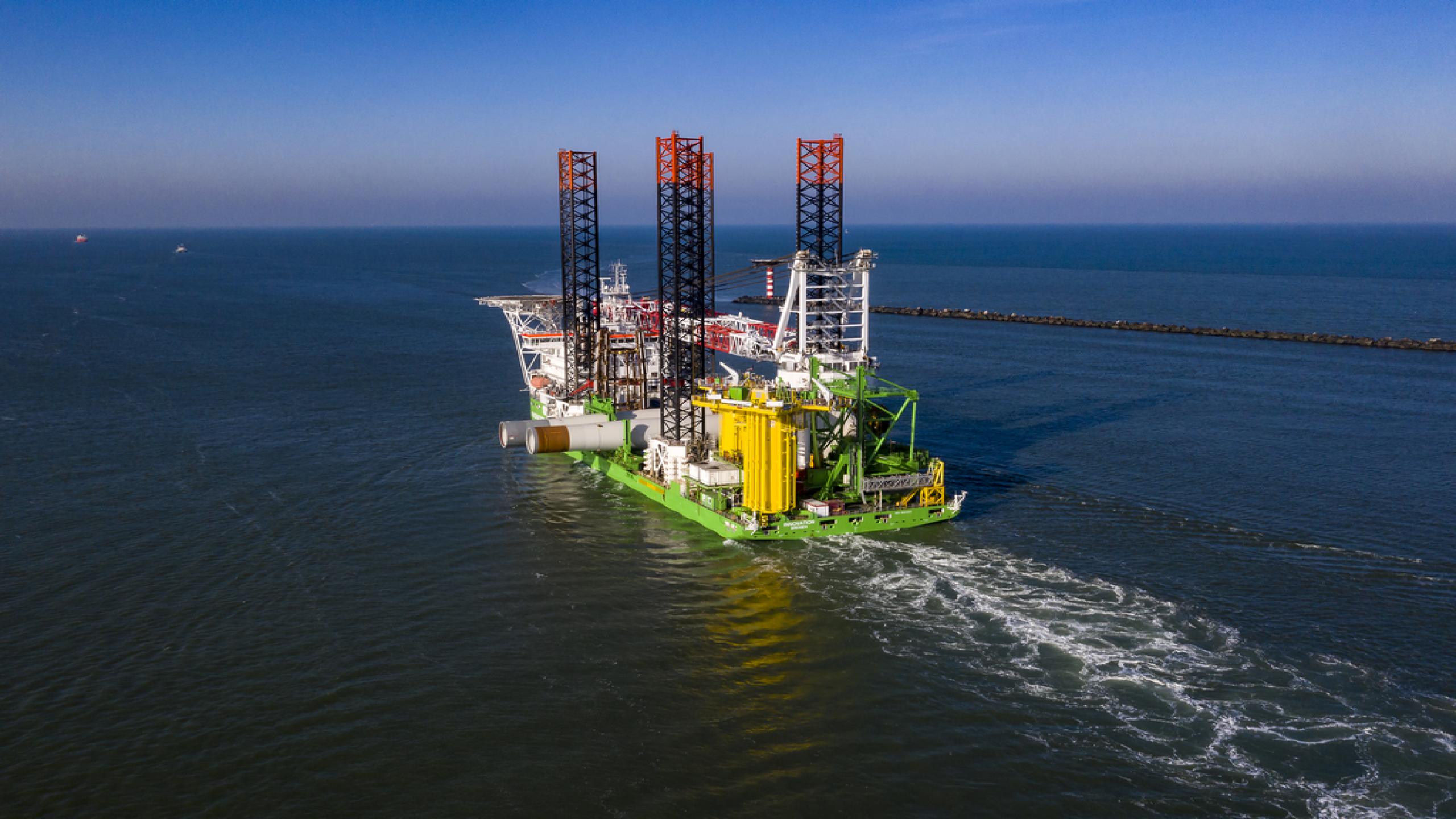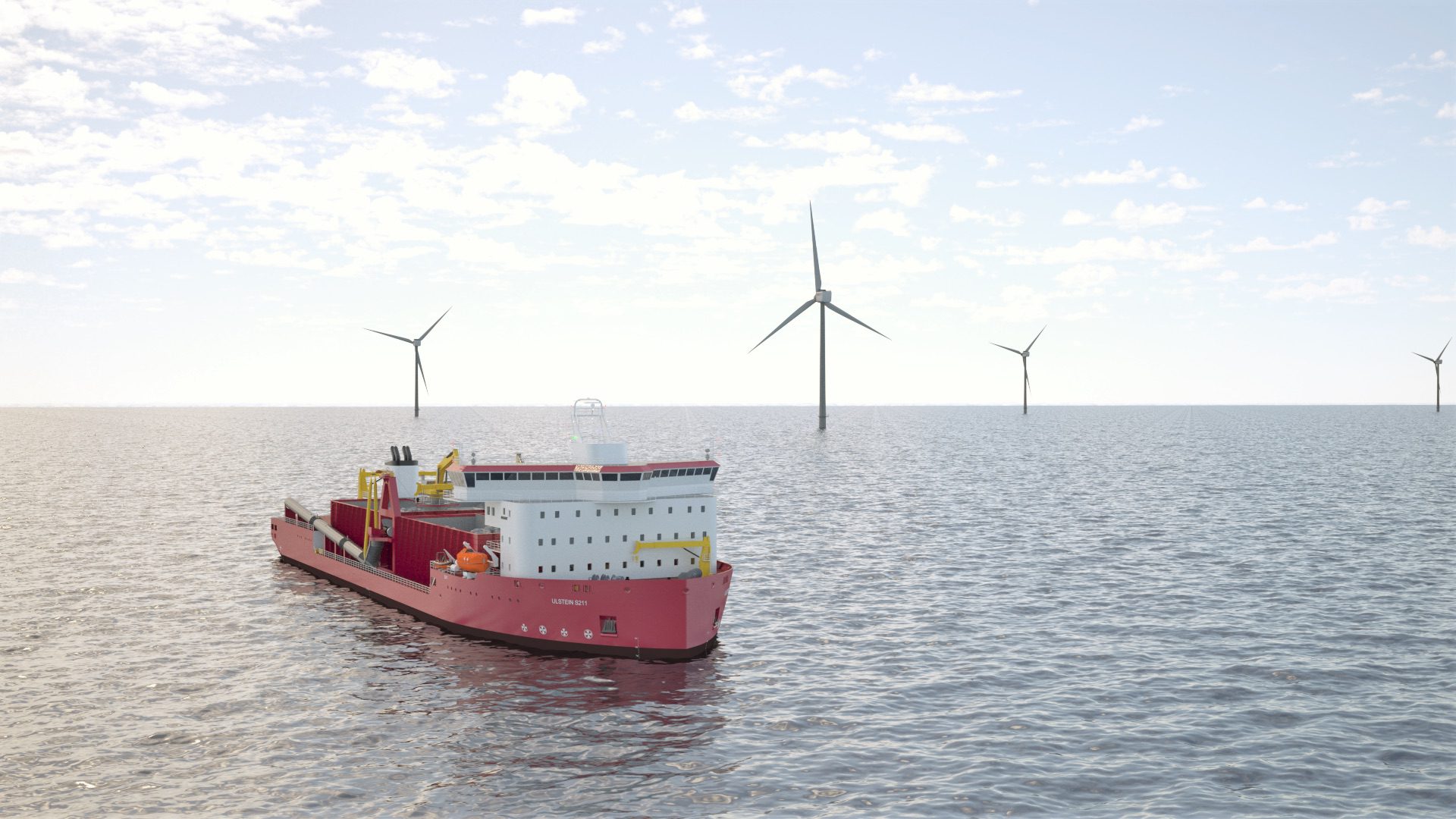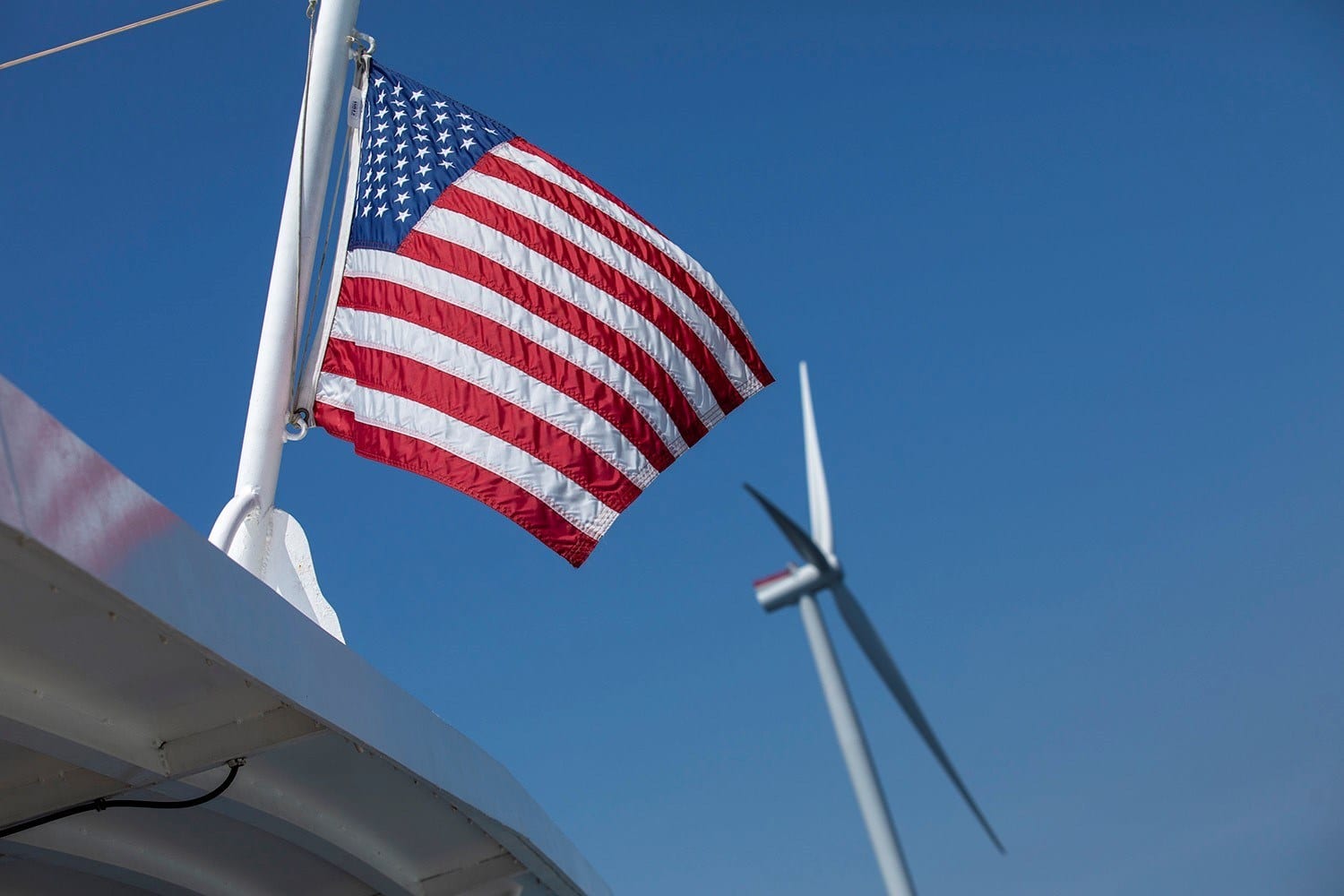Updated: February 21, 2013 (Originally published June 15, 2009)
Case Name: Michael Bell v Fishing Company of Alaska
Date: 15th June 2009
Court: U.S.D.C. – W.D. Washington – Seattle
Judge: District Judge Martinez
Citation: 2009 WL 1683204 (W.D.Wash.)
Background: Plaintiff, Michael Bell, brought this seaman’s injury action pursuant to the Jones Act and general maritime law. He alleged that he was injured while working aboard the F/V Alaska Ranger, which was owned by the defendant, Fishing Company of Alaska (“FCA”). The injury occurred while the vessel was on a fishing voyage in the Bering Sea. FCA denied liability for Bell’s injuries.
The F/V Alaska Ranger was a fishing and processing vessel. Bell worked in the processing area of the ship, and was classified as a seaman under general maritime law and the Jones Act.
The injury occurred when Bell went to retrieve a different pair of glove liners. He testified that he was at the top of the stairwell when his foot slipped, and he twisted and turned as he fell, in an effort to avoid hitting the trash can. Bell injured his left knee, pulled his groin, and strained his lower back.
FCA contended that the trash can was not in the way of where Bell fell, and there was no need for him to twist and turn to avoid it.
An earlier decision by this Court granting summary judgment to FCA was reversed by the Ninth Circuit Court of Appeals, and the matter was remanded to this Court for trial. The appellate court ruled that Bell’s testimony regarding the role of a trash can at the bottom of a stairway causing his injury created an issue of fact for trial.
Defendant’s expert, John Dixon, inspected the stairway, measured and tested it. He testified that no deficiency of the ladder contributed to Bell’s slip and fall. Dixon believed he ladder was “reasonably fit” for its intended purpose.
Issue: Whether Bell will prevail on his claims of negligence and unseaworthiness under the Jones Act and general maritime law.
Held:
For Bell to prevail on his negligence claim under the Jones Act, he had the burden of proving, by a preponderance of the evidence, that FCA was negligent, and that such negligence was the cause, however slight, of his injury.
The Court found that Bell did not meet his burden. From the facts, the Court held the trash can did not obstruct the pathway at the bottom of the stairs and it was not necessary for Bell to re-direct his fall to avoid hitting it.
Under the Jones Act, Bell had the burden of proving by a preponderance of the evidence that the F/V Alaska Ranger was unseaworthy, and that the unseaworthy condition was a cause of his injury.
The Court found that Bell failed to meet his burden that there was an unseaworthy condition on the F/V Alaska Ranger. Bell produced no evidence to controvert FCA’s expert witness testimony that the stairway was reasonably fit for its intended use. The Court concluded that the position of the trash can did not represent an unseaworthy condition on the F/V Alaska Ranger.
Thus, this Court found in favor of FCA on all of Bell’s claims.
Comments:
The Jones Act provides that a seaman injured in the course of his employment may elect to bring a civil action at law, with the right of trial by jury, against the employer.
Unseaworthiness is a cause of injury if it played a substantial part in bringing about injury to the plaintiff. This is a different standard than the negligence standard.
Steve Gordon
http://www.gordon-elias.com
Editorial Standards · Corrections · About gCaptain

 Join The Club
Join The Club










